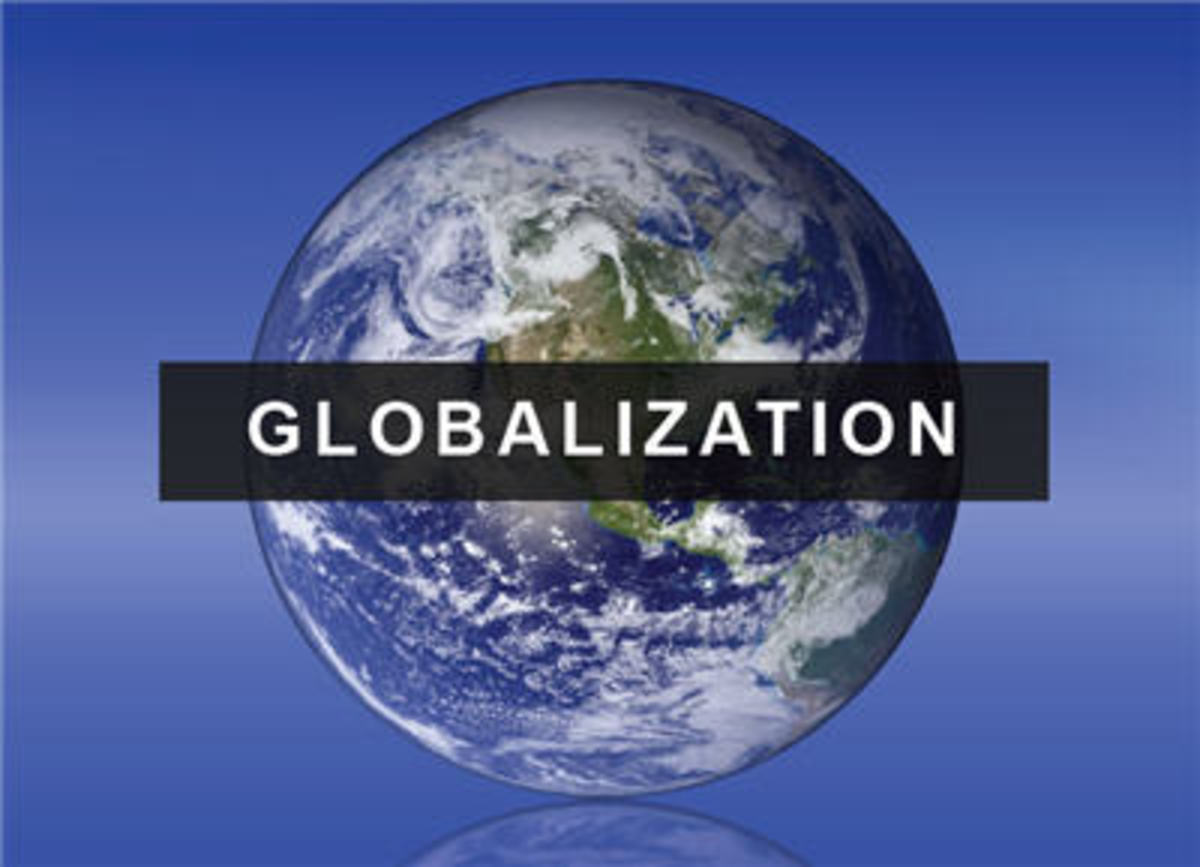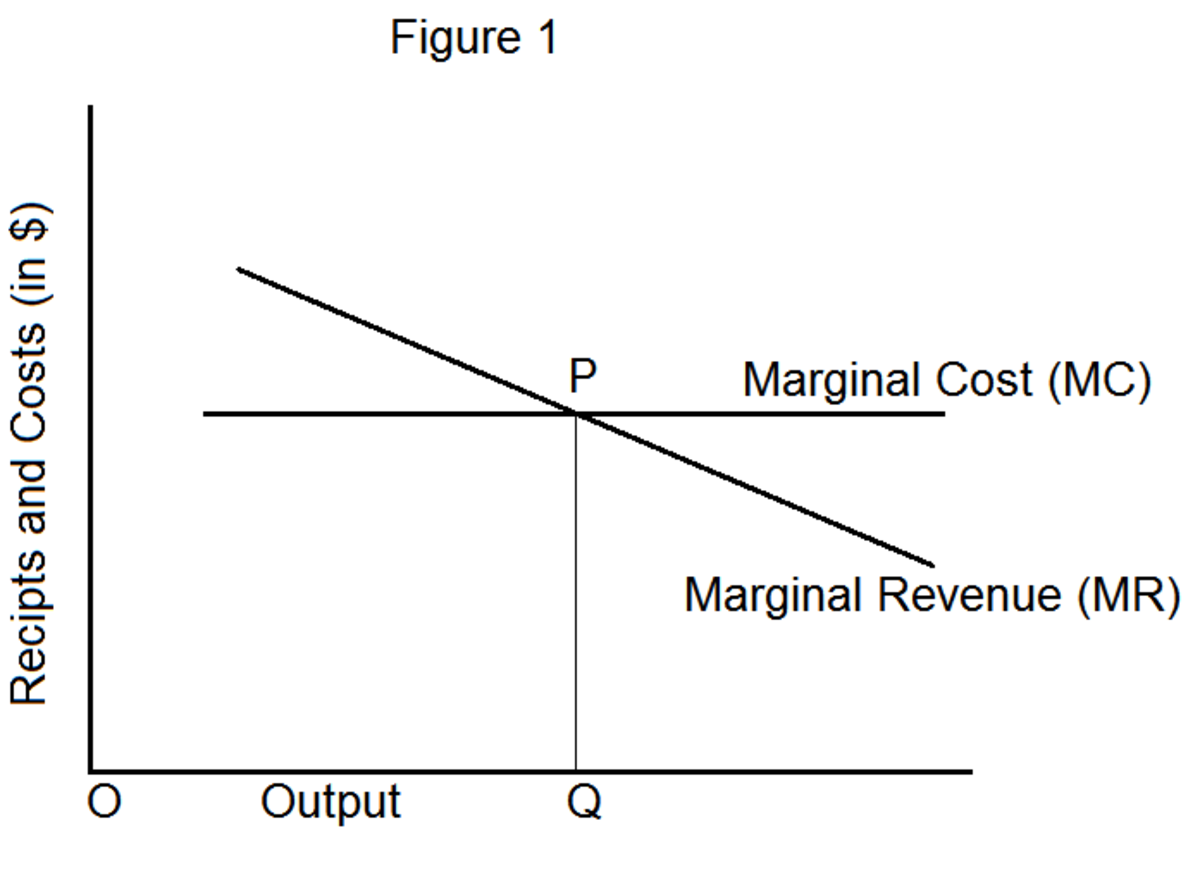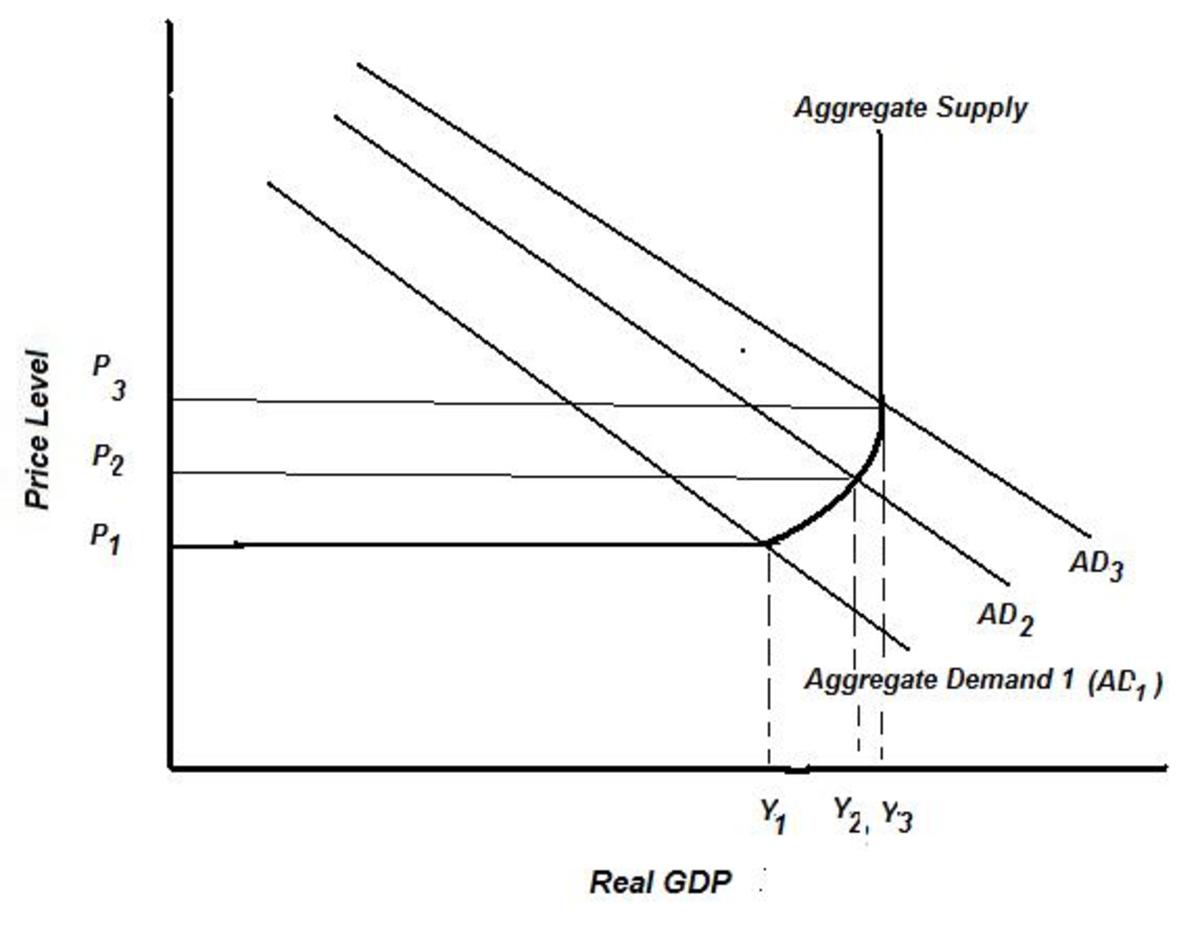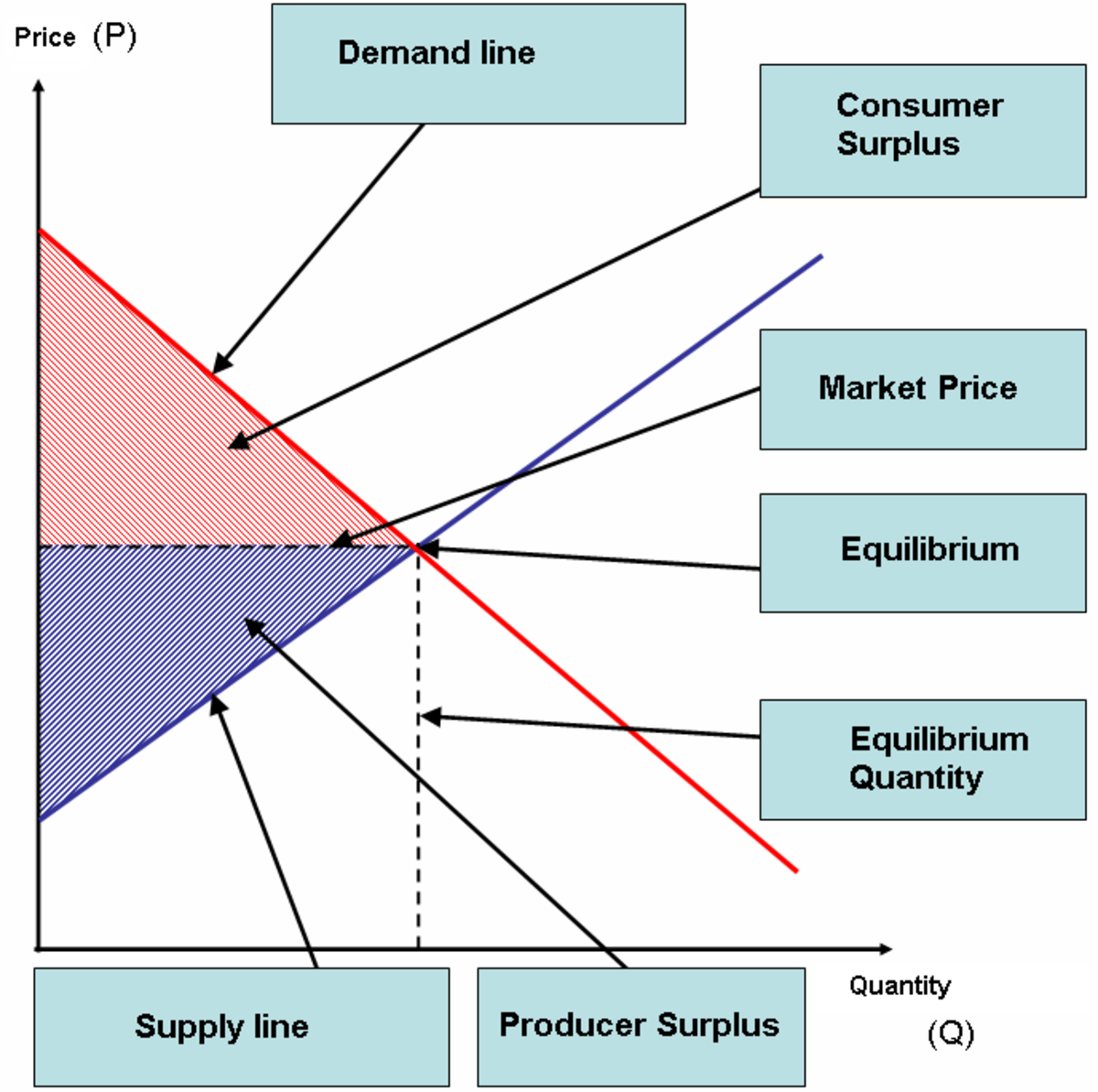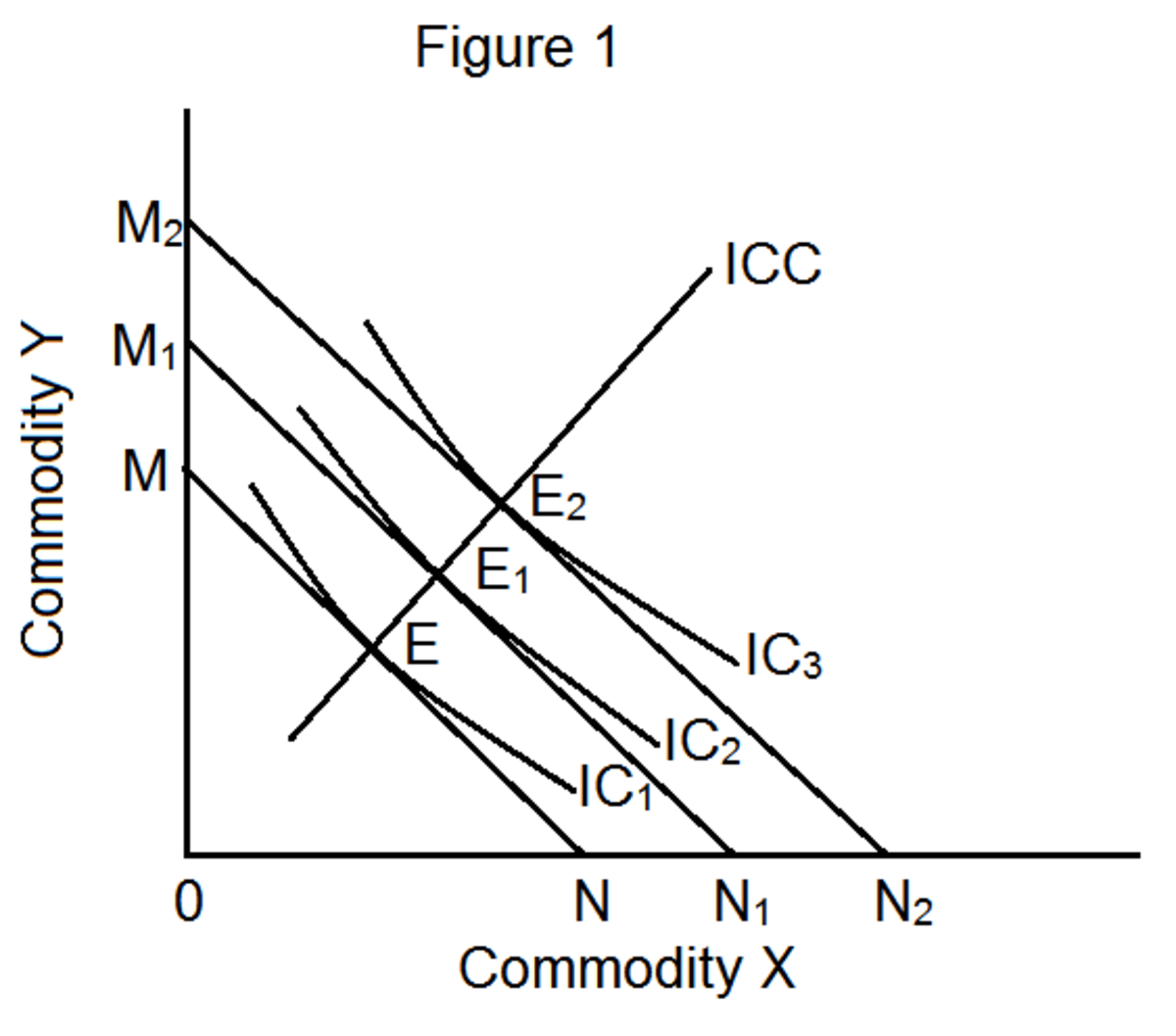MARKET IMPERFECTIONS AND PRICE DISTORTIONS
Most of the developing countries are facing a few general obstacles to economic development. These include political instability, corruption, excessive foreign debt, and their repayments, inappropriate education, unemployment inflation and lack investment the smooth working of price mechanism in promoting their efficient use of resources of the country. During the decade of 1960s and 1970s there was a wide spread acceptance of government interference in economic affairs of the country. Planning in all the developing countries was considered more feasible and appropriate for the efficient use of scarce resources. There was an increased public sector activity for promoting economic growth. It was said at that time that market mechanism leads to misallocation of present and future resources and is therefore not in the interest of the less developed countries (LDC's)
However in 1980's and 1990s and with the dawn of 21st century, the position is entirely changed. here is a growing dissatisfaction with the role of the public enterprises which are undergoing heavy losses, are inefficient and wasteful. Market imperfections and price distortions are now regarded key factors, standing in the way of promoting economic growth. The stress is now on the adoption of market economy. The World Bank, IMF and other developed nations of the world are persuading and pressing and preaching the virtues of free market systems for the efficient use of scare resources. The main arguments which are advanced for market imperfections and price distortions as obstacles to economic growth are as follows.
Market imperfections and price distortions as obstacles to economic development
(1) Lack of full information about market. One of the serious drawback of imperfect conditions prevailing in the market is that producers due to lack of information do not have full knowledge about the size of a market for its product, the availability of inputs etc. Similarly, the consumers too do not have full knowledge about the price, quality and the availability of the goods which they need. Hence the producer cannot earn maximum profit and the consumers maximum satisfaction. All these lead to inefficient allocation of resources.
(2) Lack of effective competition. Lack of effective competition in the manufacturing sector is another important imperfection of the market in less developed countries (including Pakistan). Ineffective competition leads to concentration of monopoly power in the industrial sector. The monopolists or oligopolies produce goods on a comparatively limited scale, keep the prices higher than under perfect competition. There is also a transfer of wealth from consumers to a few producer.
(3) Unequal distribution of wealth. The prevalence of imperfect market in Pakistan has led to concentration of wealth in about 3000 families. The unfinished business of the 21st century is the eradication of poverty failing which there will be no political stability and social justice in the country.
(4) Slow investment. Another obstacle of market imperfection is the lack of investment Private savings is very low in LDC's Less developed countries. The business and industrialist class quite content with their income make very less investment in modernizing the manufacturing sector. The long term investment is also not forthcoming. This slows down the rate economic growth in the country.
(5) Prices of goods fail to change. When there is imperfections in market. The prices of goods and services do not move in line with costs.
(6) Growing dissatisfaction. The widespread imperfections in market LDC's have caused dissatisfaction among the people. The poor investment decisions, delay in construction of projects, low capacity utilization, inefficient maintenance of public project, massive inflation, high bad debt, deficits in balance of payments, rising public spending etc. have mainly resulted due to government intervention in the operation of effective private markets.
(7) Less product innovation. In the absence of competition, incentives to innovate new processes or new product remain less.
(8) Price Distortions. As regards price distortions, these too have played their role in inefficient allocation of resources. The fixing of minimum wage requirements, subsidized prices of consumer goods and agricultural inputs, credit allocation at lower rates of interest etc. have also created obstacles to economic development in Pakistan.
Establishment of market economy.
During the last two decades, the developed countries, World Bank and IMF are advocating almost every developing country including Pakistan to liberalize and deregulate their economies. The role of the state as regulator is to be minimized and market economies to be established. According to them, the well functioning market system ensures efficient allocation of resources in the country.
Requirements for a market economy.
There are certain requirements for the operation of effective market system. If tgese preconditions are absent or weak, the market system will not achieve the desired results. the requirements are:-
(1) Existence of a legal system that enforces contracts and establishes property rights.
(2) A stable and trustworthy currency.
(3) An infrastructure of roads which facilities trade.
(4) A well developed banking and credit system.
(5) Provisions of adequate information in very market about the quality and quantity of the goods produced
Since in almost all the developing countries of the world, the above basic requirements for the establishment of a market economy are often absent and weak, the government cannot and should not lay its hands. We cannot rely solely on private sector to allocate resources and distribute income for achieving growth. It has also been observed that by rolling back the role of the state in the low investments, high capital fight from the country, poor performance in specific market like stock exchange etc. The active regulatory role of the Government within the frame work of market economy is, therefore, considered essential.
In order to promote competition in the market, the Government of Pakistan has taken the fowling measures.
1. The Government has enforced Monopolies and Restrictive Trade Practices Ordinance for concentration of economic power.
2. The Government is acting as protector, promoter and provider.
(i) As a protector, it is the responsibility of the state to ensure competition through market mechanism, It is protect the interest of the consumers at large, ensuring competition, fair trading practices, investor's confidence, etc.
(ii) As a promoter, the state is to provide sound economic infrastructure. It is to encourage and ensure appropriate research and development.
(iii) As a provider, the state is to ensure the provision of public goods such as street lighting; (ii) merit goods such as education and health, etc.

